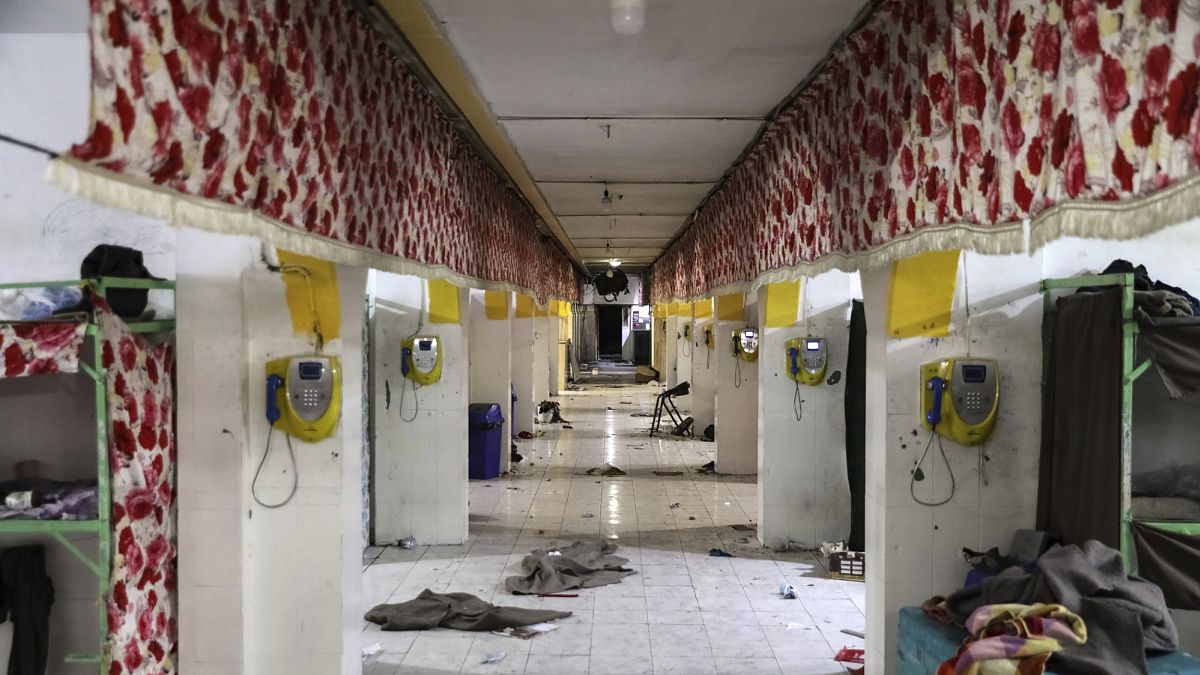The European Union has imposed sanctions on seven Iranian prison and justice officials over what the bloc says is a politically motivated campaign to detain EU citizens.
Brussels has for years been concerned about the increasing number of its citizens detained by Iran on “spurious grounds,” many of whom it says “continue to be held in degrading conditions with no chance of a fair trial.”
In response, EU foreign ministers imposed asset freezes and travel bans on three judges, two prosecutors and two prison officials, including Hedayatollah Farzadi, who is in charge of the notorious Evin Prison in Tehran, which was previously targeted with sanctions.
The bloc claims that Farzadi is “directly responsible for severe violations of political prisoners’ human rights, in particular for restricting their communication and visitation rights and for arbitrarily ordering solitary confinement.”
The EU also froze the assets of Shiraz Central Prison.
“Several hostages from European countries have been unlawfully detained in this prison, where their access to a fair trial has been denied and where they have experienced severe violations of their most basic rights,” the EU said.
The first branch of the Revolutionary Court of Shiraz in Fars province was targeted too, with Brussels noting its role in “unjust trials and executions of political dissidents and persecution of individuals from minority communities.”
French Foreign Minister Jean-Noël Barrot welcomed the sanctions, describing Iran’s actions as “a state policy” of hostage taking.
“It’s high time because the conditions in which some of our French and European compatriots are being detained are disgraceful and comparable to torture under international law,” Barrot told reporters.
He warned French citizens to avoid traveling to Iran.
Last month, Frenchman Olivier Grondeau, who was imprisoned in Iran for over 880 days, was freed along with another French citizen who had been under house arrest in the capital for more than four months.
An Iranian court had sentenced Grondeau, a backpacker, to five years in prison on espionage charges that he, his family and the French government vigorously denied.
He was held at Evin Prison, which holds Westerners, dual nationals and political prisoners often used by Iran as bargaining chips in negotiations with the West.
And in December last year, Italian journalist Cecilia Sala was arrested and imprisoned for three weeks, just days after Iranian businessman Mohammad Abenini was detained in Milan on a US arrest warrant.
She was ultimately released and returned to Italy in January.

